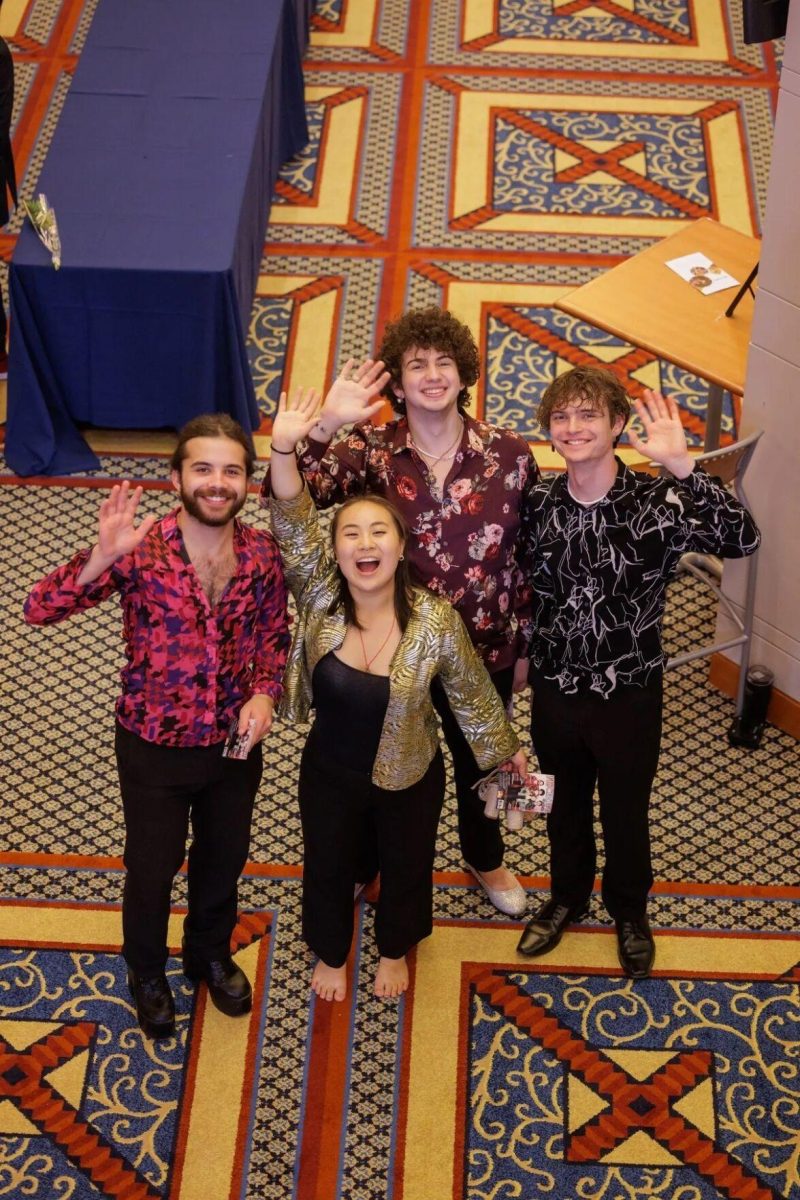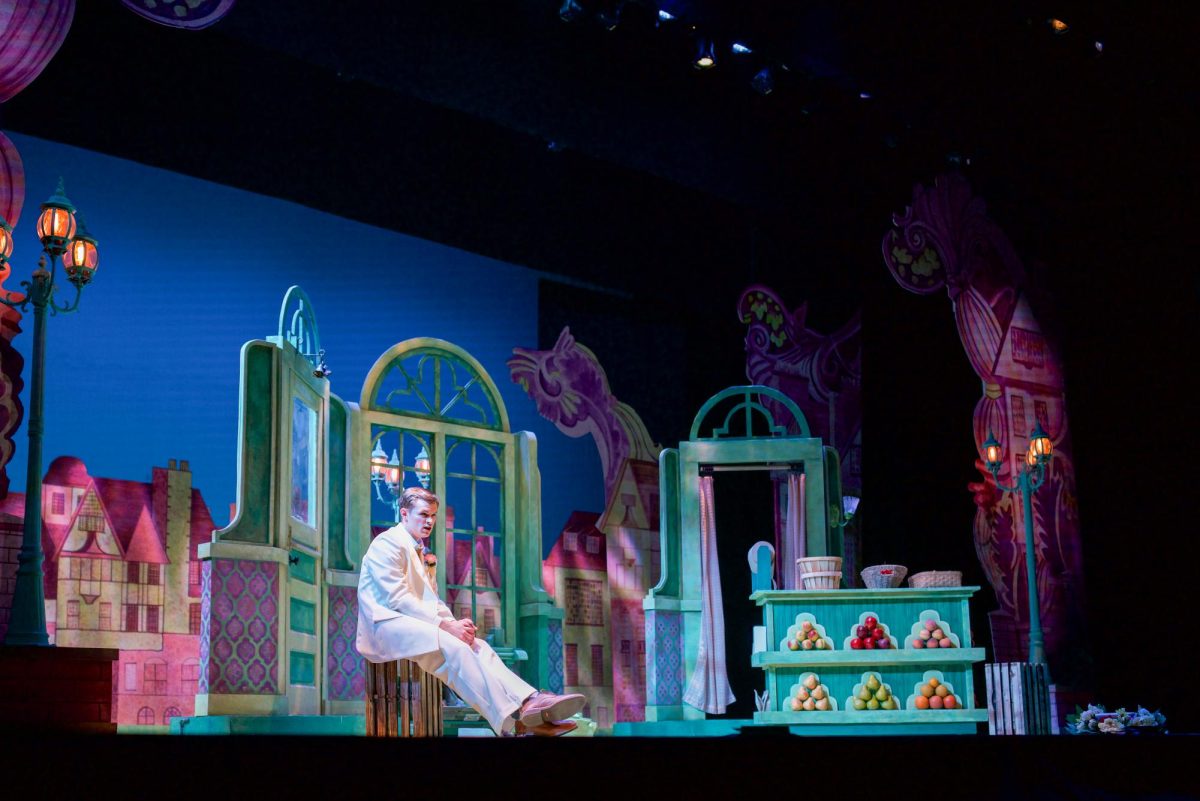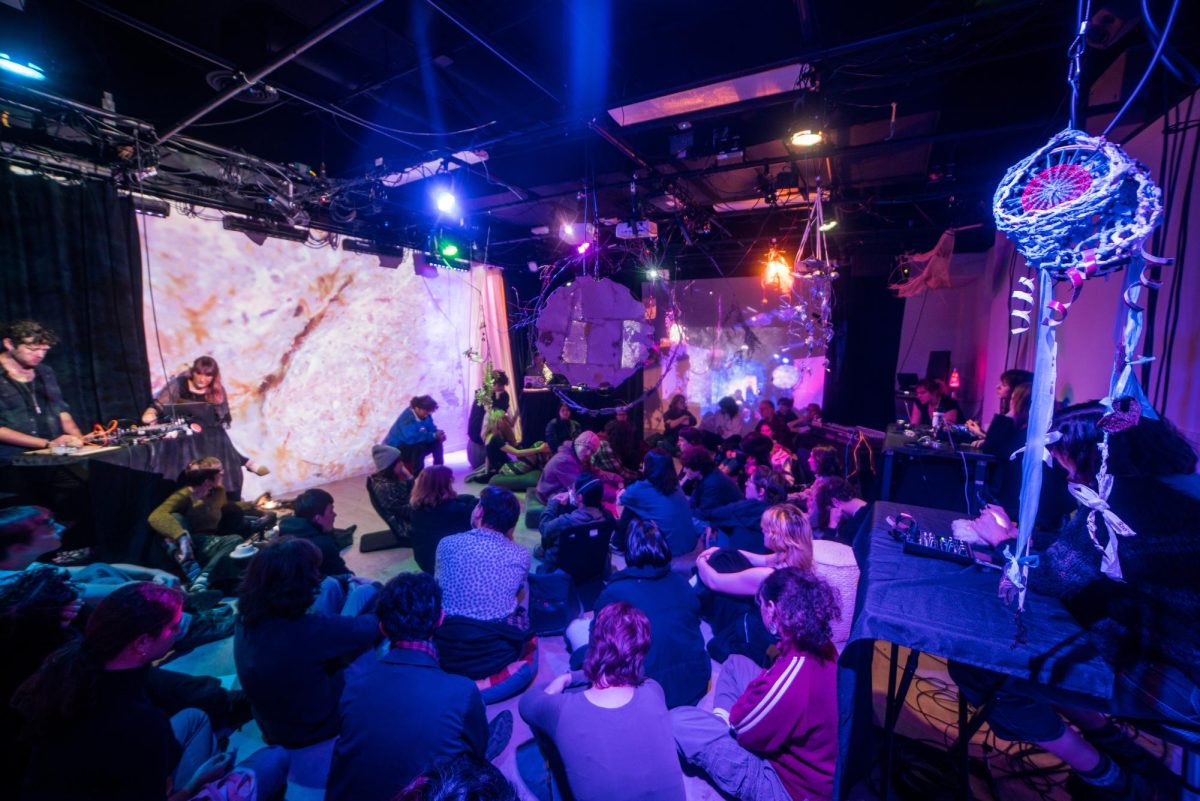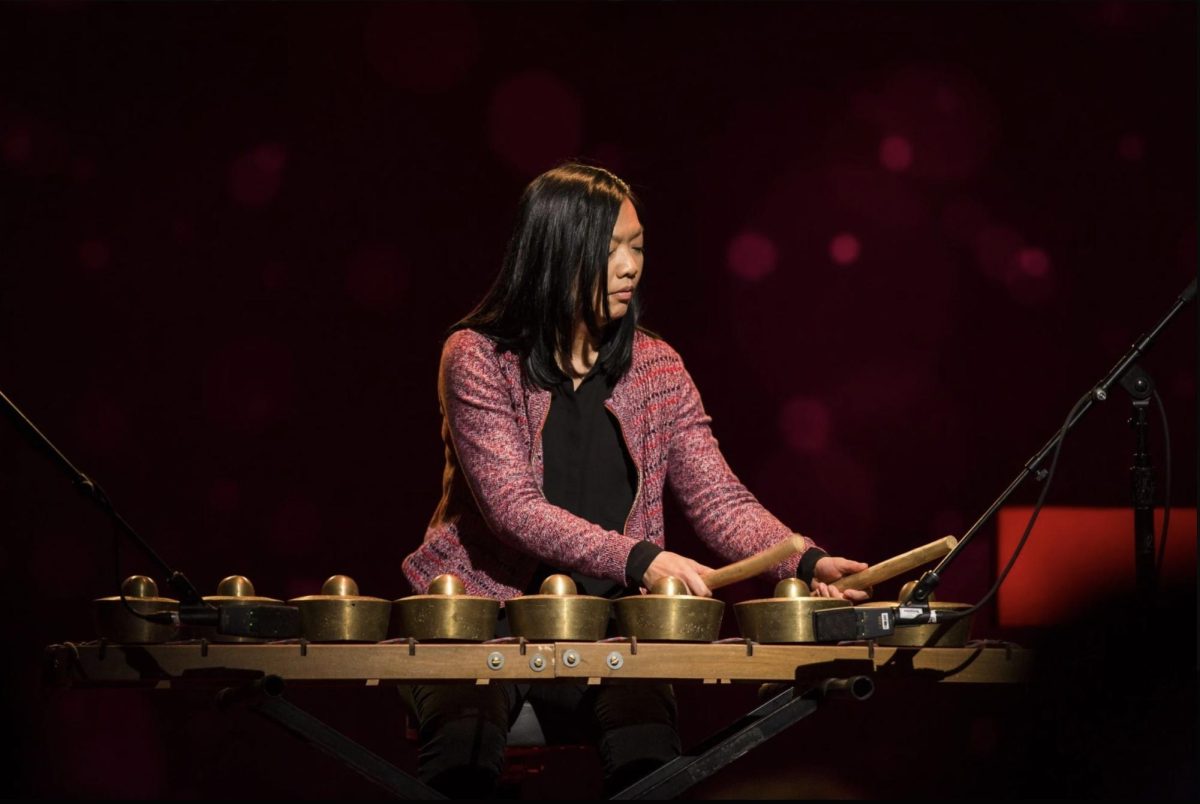Musicians face a daunting task when they select music for a concert. Pulling from an ever-expanding pool of repertoire, they must whittle a musical infinity down to a handful of lines on a concert program. Of course, there are the classics they can fall back on — Beethoven’s Fifth, the Bach Suites, etc. — but what if they are seeking something different? How do modern musicians construct a set list that reflects the major achievements of the past while incorporating today’s innovations? In the endless sea of music, where do you even begin?
From solo recitals to symphony orchestras, Oberlin concerts range in grandeur. Instrumentation, number of performers, and time to prepare affect some repertoire choices. Practical decisions aside, the more nuanced selections aim to create an enjoyable and fulfilling experience for the audience. Concert designers may pick a theme, blending similar sounds and ideas into a melodic conversation. Alternatively, they may create contrast by showcasing disparate pieces side by side. Every performing artist develops unique tastes, and hopes to share their distinct vision with their audience. The Verona Quartet, a highly acclaimed chamber group in residence at Oberlin, reimagine their set list seasonally.
Abigail Rojansky, OC ’11, the Verona Quartet’s violist, described their collaborative process of music selection in preparation for a concert cycle. Origin and time period do not constrain the quartet’s repertoire. They compile manifold musical works in a shared document before narrowing down possibilities through open discussion. Above all else, they prioritize beautiful music.
“When something is expertly written for the instruments at hand, then you are speaking the music through your tool,” Rojansky said. “Any physical challenges there might be to playing technically, they’re all for the greater musical purpose, and that’s very gratifying — when you feel challenged technically but can sense an exhilarating and worthwhile end goal that you can apply yourself towards.”
The Verona Quartet’s debut album, Shatter, encompasses their repertoire selection philosophy. Released in June 2023, Shatter features world-premiere recordings of music from current American composers. The title itself invokes a destruction of the glass ceiling and an attempt to overcome invisible barriers that hinder a borderless appreciation of music. Shatter celebrates the creative diversity burgeoning within the American music scene.
“They were all pieces that we became really passionate about, and all by contemporary American composers,” Rojansky said. “But each with a different perspective and very different voices. We thought that that would be a really exciting snapshot of right now, the current American landscape.”
The first piece on Shatter, a quartet by Indian-American composer Reena Esmail, highlights this all-encompassing, cross-cultural goal. Esmail pulls from Indian and Western classical music to weave a vibrant musical tapestry. From a fundamental standpoint, the differences in the scales used in both traditions present a challenge. However, Esmail’s goal wasn’t to merely combine the two traditions and push musicians toward a foreign style, but rather to create something entirely new.
“It’s not just classical players playing a style outside of our realm or a Hindustani singer singing in the classical style,” Rojansky said. “No, we asked [Esmail] about it, and she said, ‘I’m seeking to create something that is unique on its own; it’s another type of music.’ We asked her what she would tell somebody who says we’re trying to claim a style of music that doesn’t belong to us, that we haven’t grown in. She responded that as an Indian American, she feels honored and happy when classical Western players can partake in what she understands, grew up with, and loves.”
Conservatory students are given a chance to try their hand at setlist construction during their junior and senior recitals. Blake Logan, a Conservatory fourth-year cellist, took the opportunity to branch away from traditional classical pieces.
“I was trying to challenge the canon of what is usually performed and the idea that there are a couple of composers that are geniuses and that those are the only ones that are worth learning as a classical music student,” Logan said. “I feel like I can learn so much and grow in so many different ways by playing these pieces that are less well known.”
Logan’s finalized setlist included repertoire from a contemporary Finnish composer, an arrangement of Klezmer folk music, and a self-composed piece. They wanted to perform music that matched their own personality, which required reaching outside the box. The Jewish folk songs and modern compositions acted as a refreshing break from Logan’s 16 years of classical music study.
Including a specific piece in a concert informs the audience of that composition’s perceived value. The exploration of new music in addition to paying homage to the established greats is required to prevent staleness and stagnation.
“It’s incredibly fun to discover new things and share them with people, but it’s also a hefty responsibility because we know that we’re helping to forge the future of this field,” Rojansky said. “What people hear is what they’re going to know.”
The Verona Quartet and other modern pioneers of classical music forge a path for the future of the genre. Their mission is to imagine and endeavor to create a future in which all music is appreciated
“We know where tradition has brought us, and we are grateful for it,” Rojansky said. “We also have the honor of being able to imagine where the future will be for classical music and to create that future. But rather than reacting to where we are, our perspective is to put our minds where they should already be and make our choices from there.”







